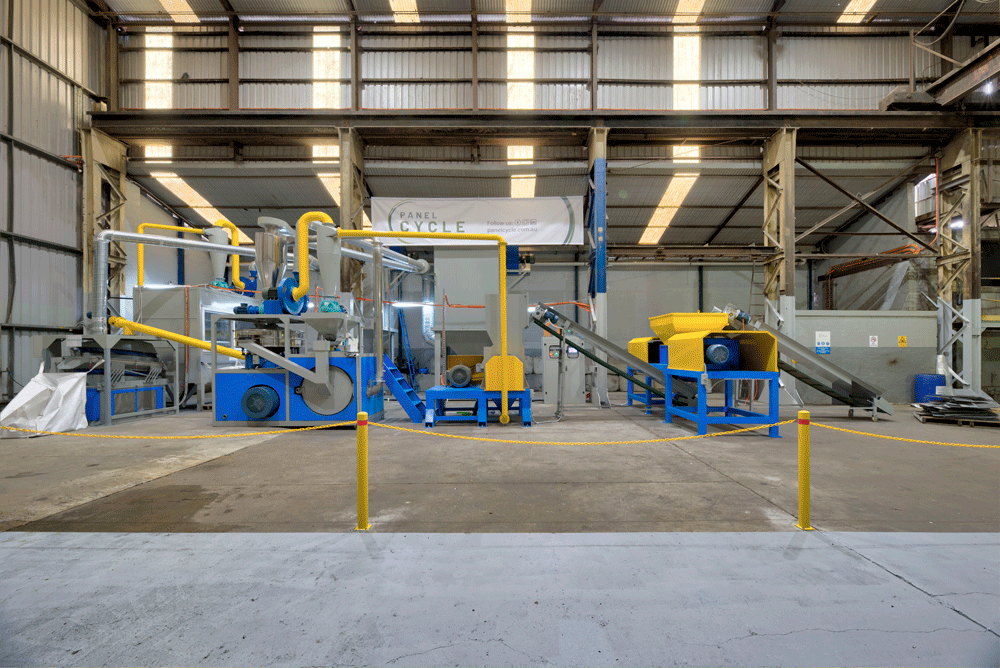ABOUT
Australia’s first end to end blister
pack recycling program
The only blister pack recycling program in Australia that provides a full recycling solution from start to finish. Our local processing capabilities ensure that all recovered materials from blister packs stay right here in Australia!

What we do with the blister packs
Once collected, blister packs are transported to one of our processing facilities. Here, they are put through a series of mechanical recycling processes to separate the aluminium from the plastic. Finally, the separated aluminium and plastic materials are sent to end-users to be turned into a range of new products.
Our people
Established in 2022, Pharmacycle is driven in partnership between innovative recycling company PanelCycle, product stewardship experts The Activ Group, and pioneering corporate sustainability firm Netnada.
Leveraging the expertise and capabilities of the three organisations, Pharmacycle provides full transparency from start to finish, giving consumers peace of mind that their recycling effort will not go to waste.


Pharmacycle is Australia’s first and only end to end recycling program for household and commercial medicinal blister pack waste.
Pharmacycle is the quick and easy way to recycle used and empty medicinal blister packs. Best of all, it’s completely FREE to drop off!
Pharmacycle is a voluntary recycling program, funded by participating pharmacies and industry sponsors.
Pharmacycle is a complete end-to-end solution for the recycling of medicinal blister packs. Pharmacycle manages all of the collection, logistics and processing of blister packs, providing full transparency and traceability.
Using specialised recycling technology, located right here in Australia, Pharmacycle ensures that blister packs collected for recycling are actually recycled.
Once collected, blister packs are transported to one of our processing facilities. Here, they are put through a series of mechanical recycling processes to separate the aluminium from the plastic. Finally, the separated aluminium and plastic materials are sent to end-users to be turned into a range of new products.
When it comes to items that Australians wished they could recycle, blister packs are at the top of the list. However, as blister packs are made of different materials, including plastic and aluminium, they can’t be recycled through kerbside recycling.
For blister packs to be recycled, they first need to be collected in sufficient volumes to warrant the use of specialised recycling technology. Pharmacycle provides the mechanism to achieve this, making the wish to recycle blister packs a reality.
Without programs like Pharmacycle, hard to recycle waste streams would continue to go into landfill or contaminate kerbside recycling.


